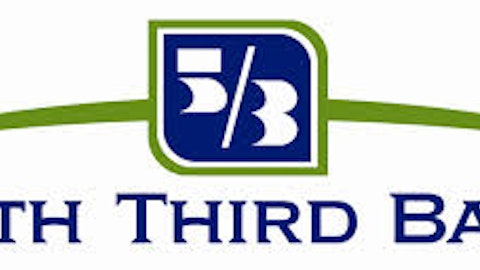Conventional wisdom says that buying a home is a prudent and smart long term investment. Maybe it is. But maybe it’s not.
If the Great Recession and Real Estate Crisis has done anything, it has caused us to ask the question: is homeownership really as smart as we’re told it is?
3 Reasons to Re-Think Homeownership
1. Mortgage Loans – a double edged sword
Consider this: Goldman Sachs Group, Inc. (NYSE:GS), the poster child for high flying Wall Street leverage, risk, and reckless abandon capitalism, currently operates with a 13.5 leverage ratio. This means that for every dollar they have in equity (net worth), they have $13.5 in debt. This equates to about a 7% down payment on a home.

Typically lenders prefer a 20% down payment, but we all know that the prevalence of mortgages with low down payments is still rampant and isn’t going anywhere. Huge government bureaucracies exist to further this. The mortgage interest tax credit creates incentives individuals to take on more debt for the tax benefits.
Its also tempting because of the allure of the property appreciating, a topic we will discuss below. But as fallible human beings, we’re far more likely to focus on the potential upside, rather than the potentially devastating downside that many Americans have painfully come to understand over the past 5 years.
Thinking about a mortgage loan through this lens is telling: as a household, are you and your family comfortable taking on the same leverage risks as the smartest guys on Wall Street?
2. Paying Interest is no different than paying rent
Assume you want to purchase a home that costs $250,000. You have some cash available and will be making a 20% down payment. Your likely total monthly payment will be about $1,250, assuming a 4% rate and 30 year mortgage that includes principal, interest, taxes, and insurance.
For the first 5 years of that mortgage, only about $350 will be applied to the principal (about 28%). After 10 years that percentage only improves to 34%. So while you may own the house, you are still paying “rent” in the form of interest to the bank, taxes to the government, and insurance to manage risk.
So who specifically is the “landlord?” Most likely it’s Wells Fargo & Co (NYSE:WFC). With 33% market share, Wells Fargo & Co (NYSE:WFC) manages the servicing of over $1.9 trillion in mortgages. They had a 4th quarter end pipeline of $81 billion, up 18% year over year. 4th quarter mortgage originations were up 4% year over year to $125 billion. No other bank in the country capitalizes on the de facto decision for Americans to own their own home.
JPMorgan Chase & Co. (NYSE:JPM) is another likely recipient of your monthly mortgage payments. Second in market share at 10%, JPMorgan Chase & Co. (NYSE:JPM) originated $192 billion in mortgages in 2012. The bank has over 5,600 branches and 4,700 dedicated mortgage bankers, who apparently are doing a very good job managing their customer’s experience: JD Power’s Mortgage Servicer Survey ranked JPMorgan Chase & Co. (NYSE:JPM) as 1st in Client Satisfaction among the nation banks and 4th overall (behind 3 regional players–BB&T, Regions, and Suntrust).



